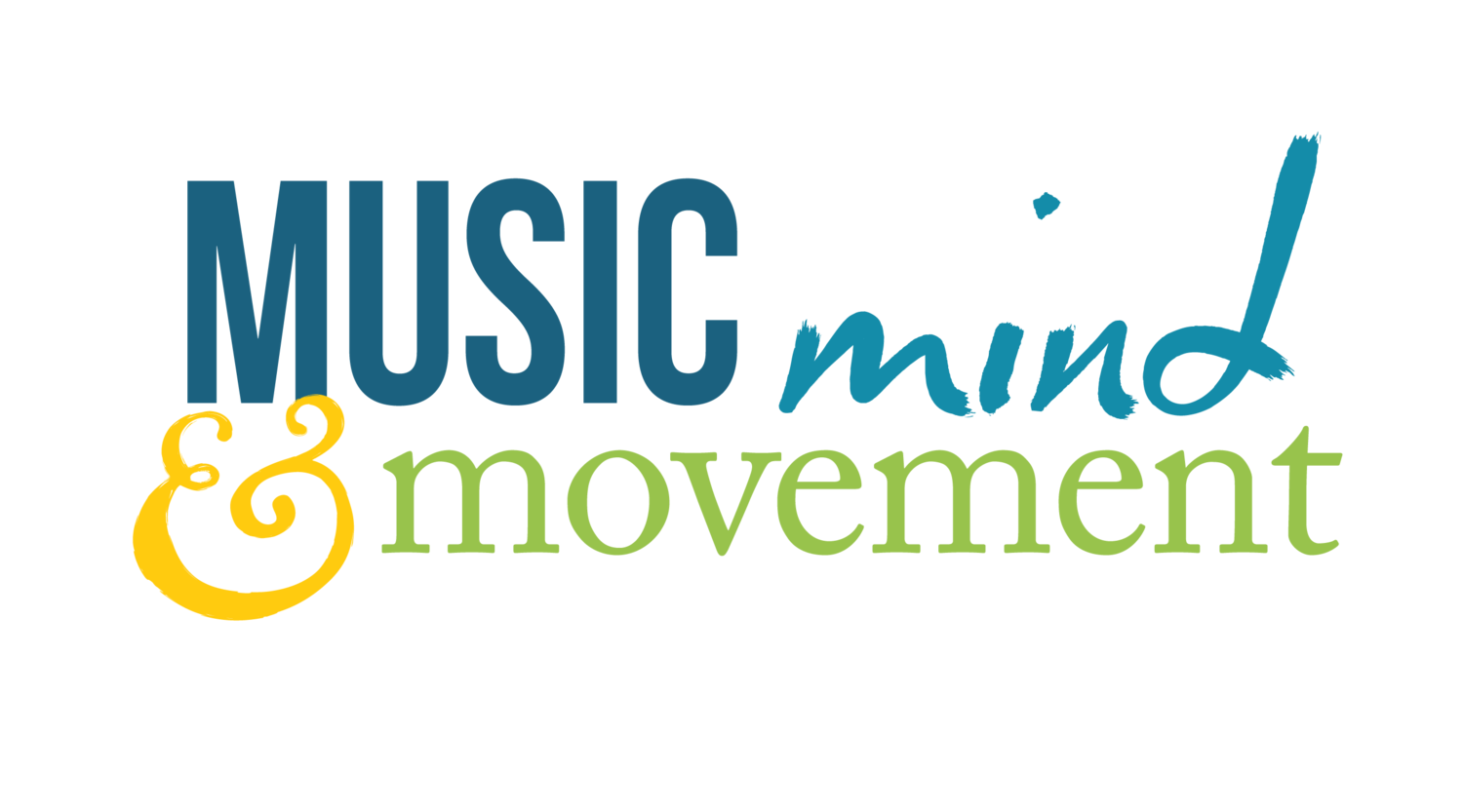Ep 14: Composition, Analysis, and Beginner’s Mind with John Morrison
about john
A native of rural North Carolina, John Morrison has been called “a contemporary Southern version of Charles Ives”. Though he began his study of music with piano, he gained his most influential experiences playing the trumpet. A summer at the Governor's School of North Carolina, when John played in an orchestra for the first time, and played entirely music of the twentieth century, changed his life and established a mindset regarding musical encounters.
Only after college (Davidson College) did John begin to study composition, and he went on to earn a DMA in composition at the University of Michigan. Principle teachers included John Anthony Lennon, William Bolcom, William Albright, and Leslie Bassett. Now residing in Medford, Massachusetts, John teaches composition and theory at the Longy School of Music of Bard College in Cambridge.
Morrison has composed for a wide range of ensembles, solo instruments and chorus. He has been commissioned by number of leading ensembles, received numerous grants, and his music has been performed widely. A longtime practitioner of Zen meditation, John has become more and more interested in the role of contemplation in music, recently developing a pathbreaking analytical method into a workshop that offers an immediate pathway into comprehension of new music. Encountering music without preconceptions, as John did in high school long ago, is the objective and tactic behind the workshop, which he calls Just Listening.
In this episode
I met John at the annual conference of the Association for Contemplative Mind in Higher Education about 6 years ago, but we hadn’t spoken since. It was a treat to catch up with him and hear about the ways he has embedded contemplative practice into both his teaching and his composing. We explore:
John’s musical background and how he became interested in composition
How John became interested in meditation
How using a timer helped John establish a meditation practice
The role contemplative practice has played in John’s work as a composer and educator
How John initially developed the Sound Energy Aggregate (SEA) concept as a compositional approach
How the SEA approach evolved into a contemplative analytic method in which one attempts to be present with the flow of music without being pulled immediately into habits of preference, aversion, expectation, etc.
How SEA draws on listeners’ fundamental musical expertise
Beginner’s mind and how it can be cultivated through open listening
How too much emphasis on terminology (e.g. labelling what is heard) and categorization can inhibit open listening by shutting down listeners’ perceptions
Techniques that John’s uses to ensure that SEA is both musically and contemplatively rigorous
How SEA can be meaningfully applied to a wide range of musics beyond the Western classical tradition
John’s Just Listening classes and workshops
John’s conception of the spiritual in music
How John’s uses contemplative practice in his graduate-level Review of Aural Skills classes help restore students’ confidence and ability to engage with a subject that is deeply entwined with their sense of themselves as musicians
Ways that John has used contemplative sources (e.g. the I Ching) as inspiration for composition
learn more
John’s main professional website
Just Listening workshop
More on SEA here
John’s blog Contemplating Music
Class websites: Just Listen, Investigating Musical Affect, Graduate Theory Review of Aural Skills
Music and Spirit “unconference” (Spring 2020)
Graphic: The Tree of Contemplative Practices




